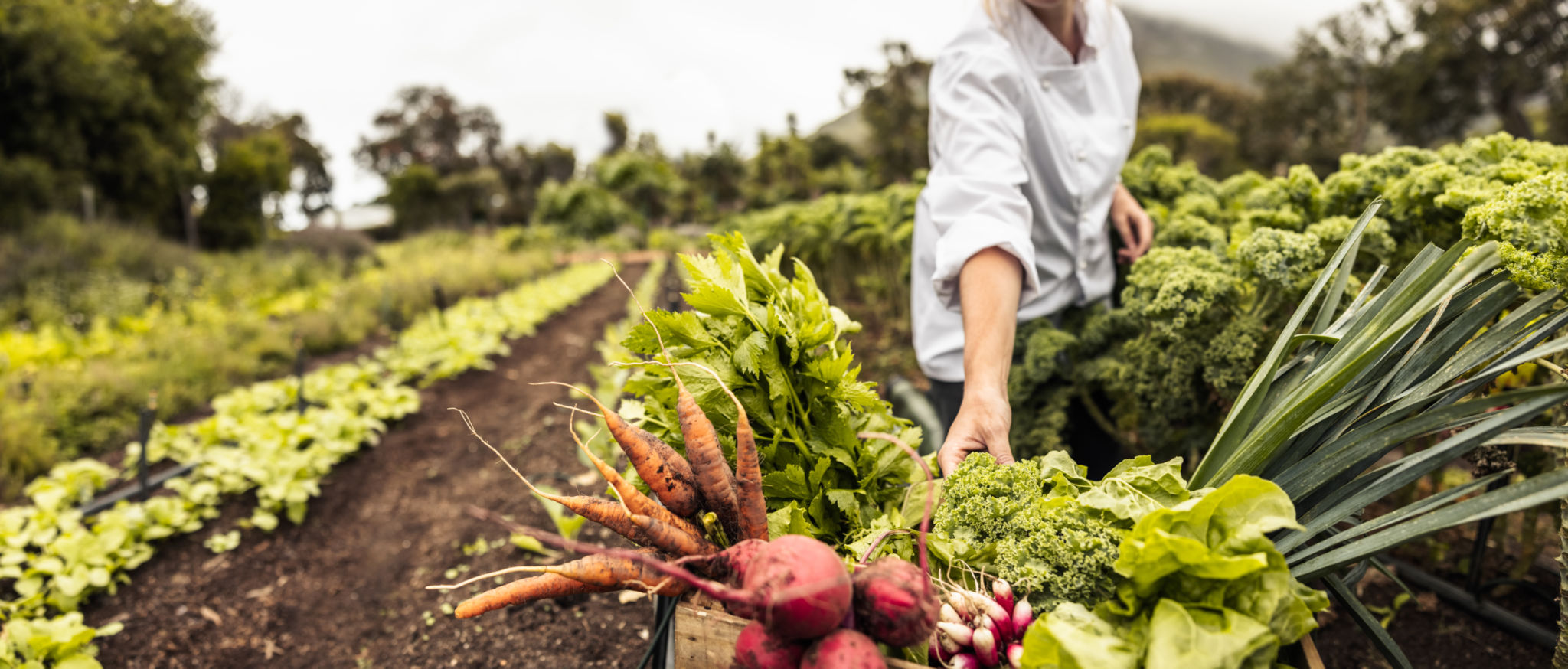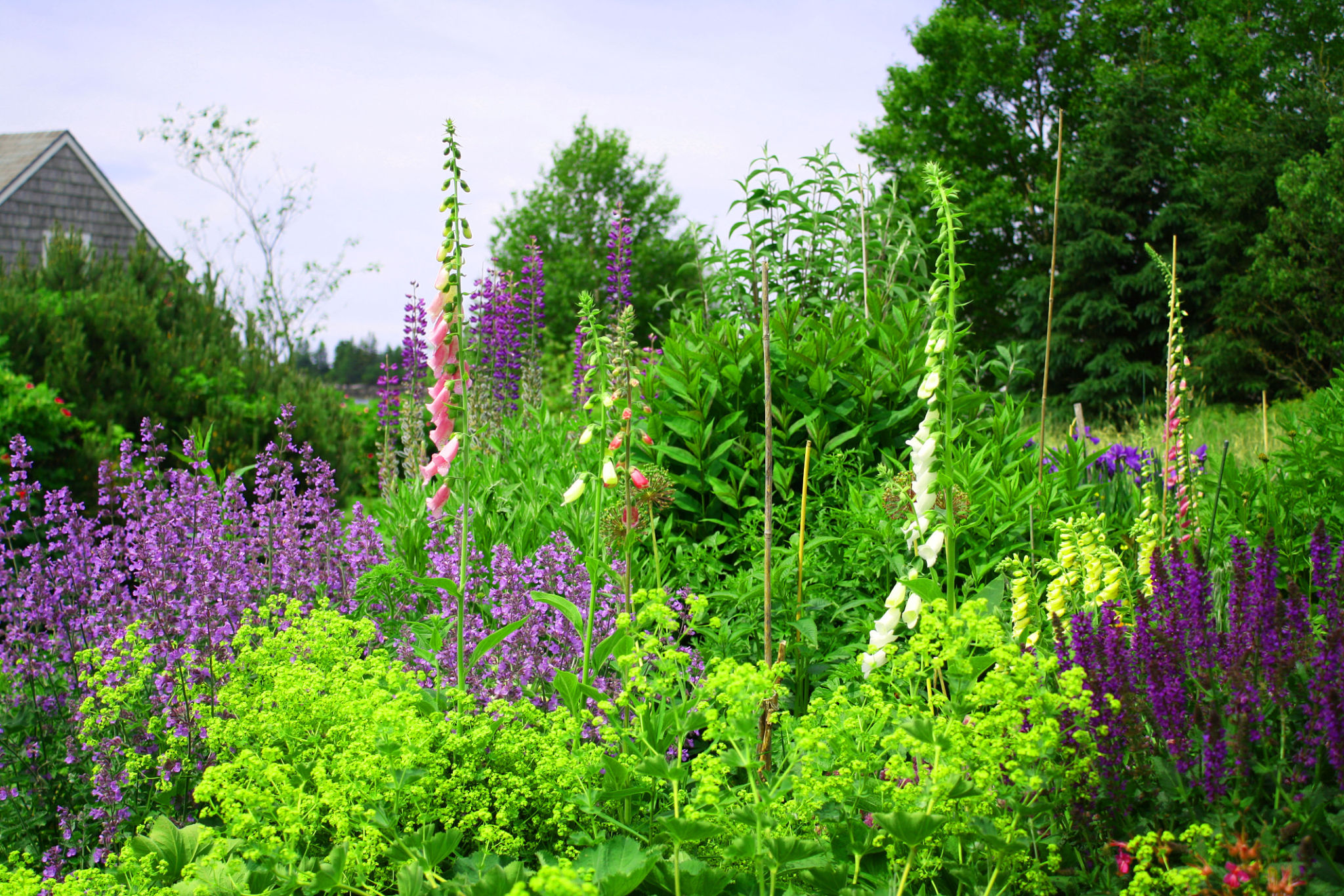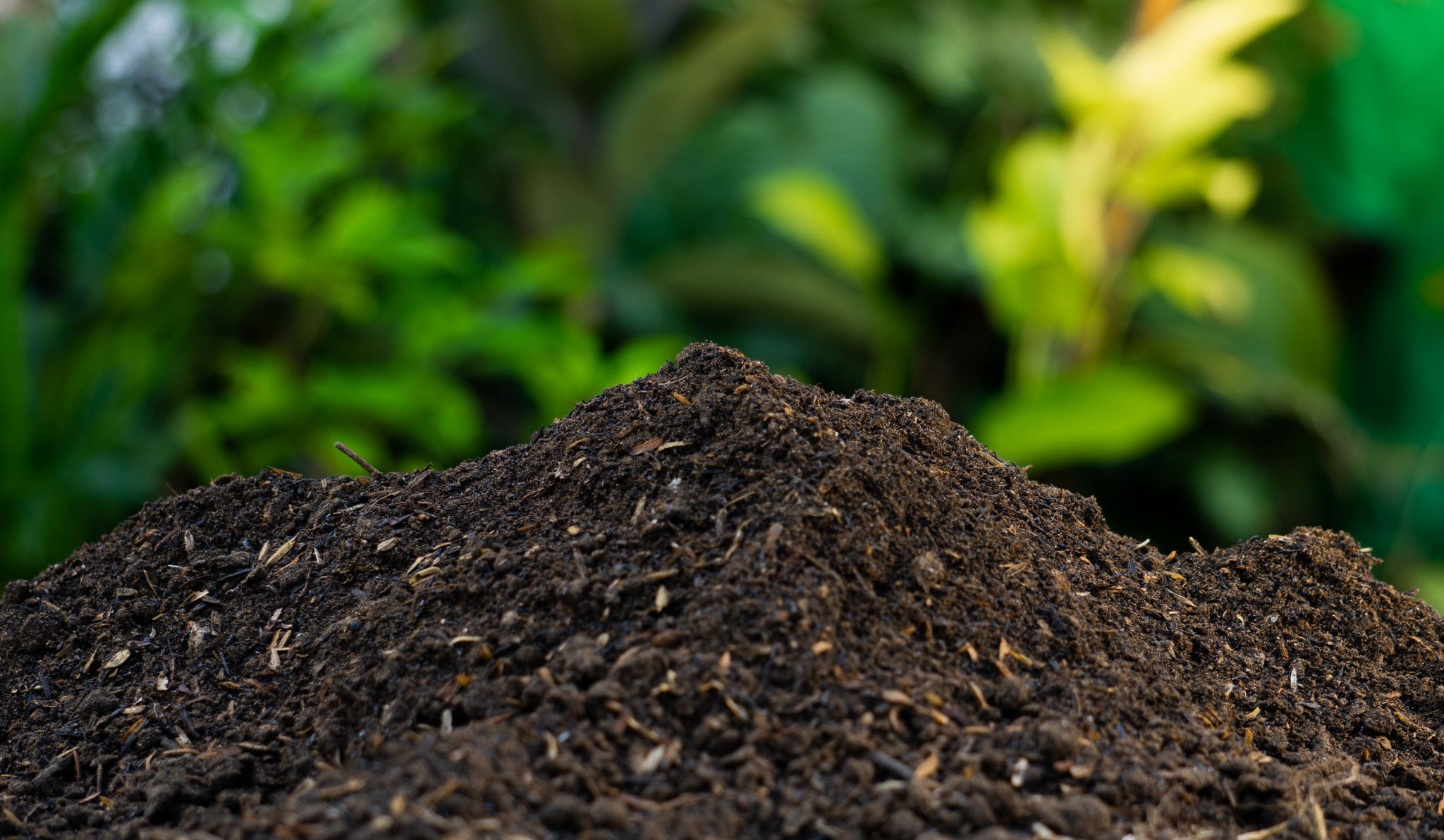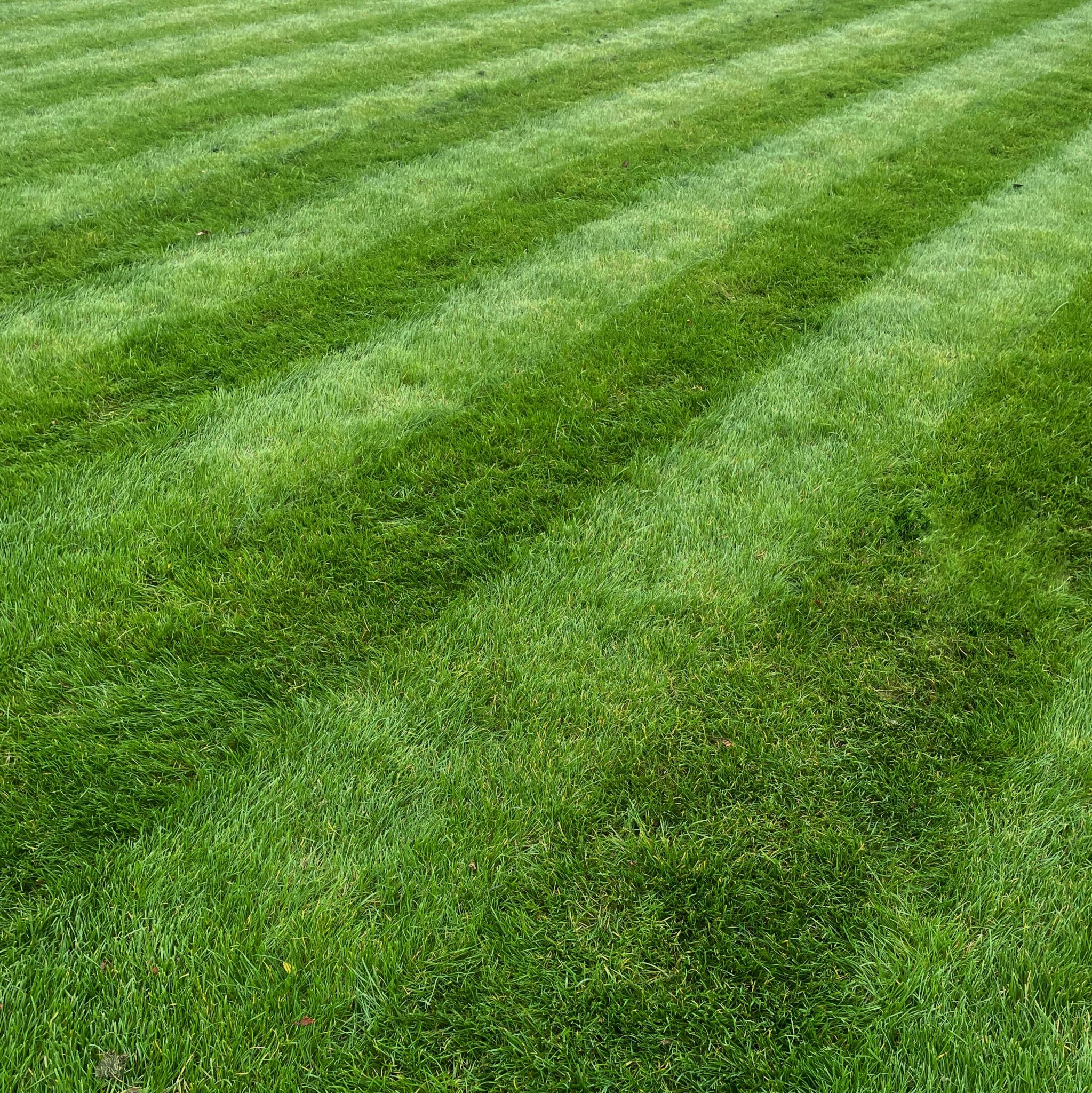Greener Gardens: Transform Your Lawn with Expert Tips
Embrace Sustainable Lawn Practices
Transforming your lawn into a lush, sustainable paradise doesn't have to be a daunting task. By adopting eco-friendly practices, you can create a greener garden that is both beautiful and beneficial to the environment. Start by assessing your current lawn care routine and identifying areas for improvement. Consider reducing the use of chemical fertilizers and pesticides, opting instead for organic alternatives that promote soil health and biodiversity.
One of the most effective ways to achieve a greener garden is by focusing on sustainable watering practices. Avoid overwatering, which not only wastes water but can also lead to fungal diseases and weak root systems. Instead, water deeply but less frequently, ideally in the early morning or late afternoon to minimize evaporation. This encourages deep root growth, making your lawn more resilient to drought.

Choose Native Plants for a Vibrant Lawn
Incorporating native plants into your lawn can significantly enhance its sustainability. Native plants are adapted to local climate conditions and typically require less water, fertilizer, and maintenance than non-native species. They also support local wildlife, providing food and habitat for birds, bees, and other pollinators.
Begin by researching native plant species that thrive in your region. Consider adding a mix of grasses, wildflowers, and shrubs to create a diverse and vibrant landscape. Not only will this approach reduce your environmental footprint, but it will also add visual interest and seasonal color to your garden.

Composting: Turn Waste into Nutrients
Composting is a powerful way to recycle organic waste while enriching your soil with vital nutrients. By turning kitchen scraps and yard waste into compost, you can reduce landfill waste and enhance your lawn's fertility naturally. Compost improves soil structure, increases moisture retention, and encourages beneficial microorganisms.
To start composting, select a suitable location in your garden for a compost pile or bin. Add a balanced mix of green materials (like grass clippings and vegetable scraps) and brown materials (such as dried leaves and twigs). Regularly turn the compost to aerate it and speed up the decomposition process. Over time, you'll produce rich compost that can be applied to your lawn as a natural fertilizer.

Mulching: Protect Your Soil
Mulching is another effective technique for maintaining a healthy lawn while conserving resources. By applying a layer of mulch around plants and trees, you can suppress weeds, retain soil moisture, and regulate soil temperature. Organic mulches, such as wood chips or straw, eventually break down and contribute to soil fertility.
When mulching, aim for a thickness of about 2 to 3 inches. Be careful not to pile mulch directly against plant stems or tree trunks, as this can lead to rot. Regularly replenish the mulch layer to maintain its benefits throughout the growing season.
Practice Smart Mowing Techniques
Mowing your lawn correctly can make a significant difference in its health and appearance. Set your mower blades higher to leave grass blades at least 3 inches tall. Taller grass shades the soil, reducing evaporation and preventing weed growth. It also encourages deeper root systems for stronger grass.
Ensure your mower blades are sharp to make clean cuts without tearing the grass. Additionally, consider leaving grass clippings on the lawn as they decompose quickly and return valuable nutrients to the soil.
